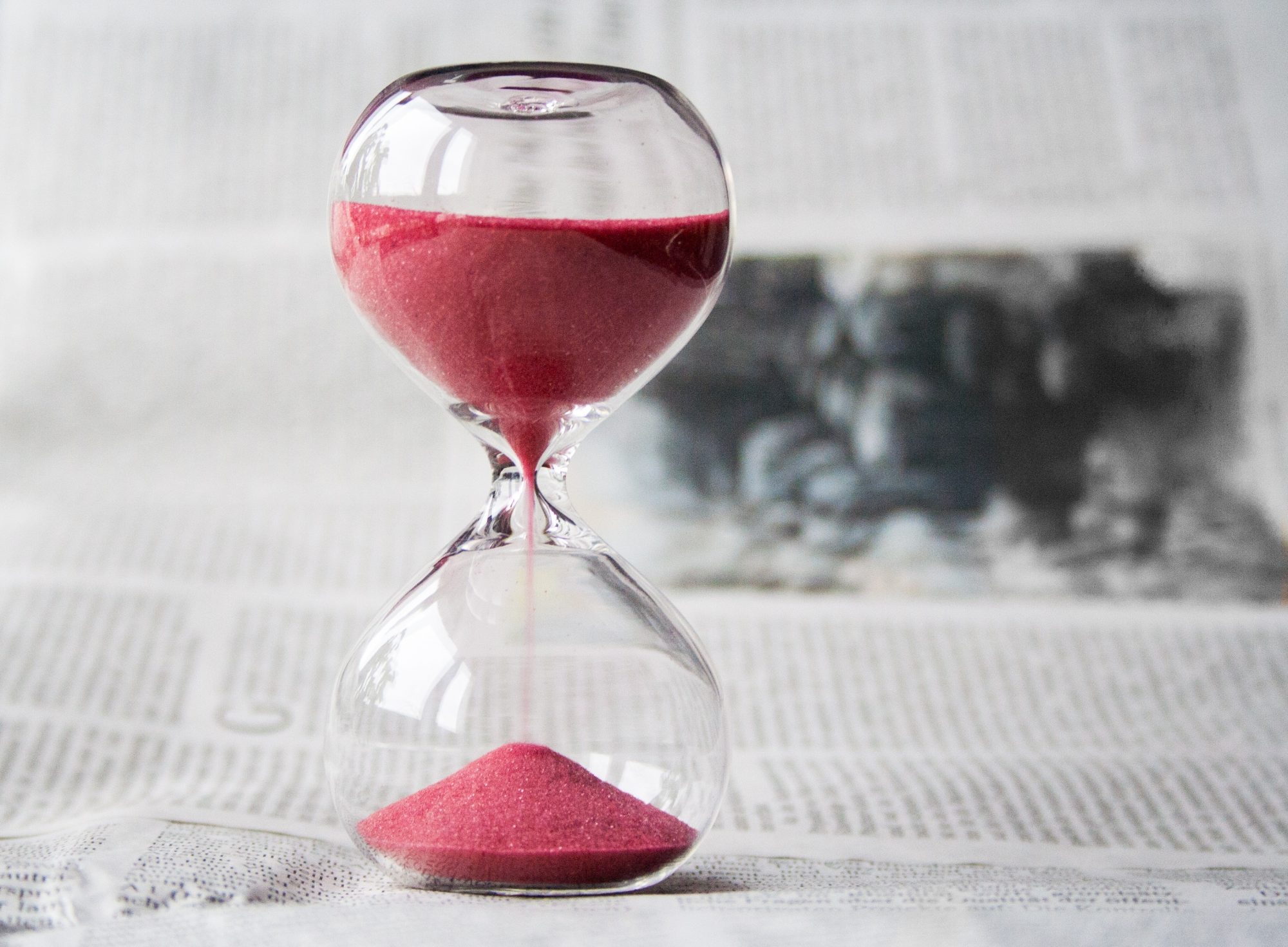Reading and writing are crucial tasks that graduate students and postdocs need to do continuously. Here we provide some tips that can help you to be more efficient when doing it.
Combine reading and writing
Do not make the mistake of thinking that you need to read a multitude of papers before you begin your next writing project (whether it is a grant, paper, dissertation, etc.). Writing on a given topic helps guide your reading by clarifying what you need to read more about, which makes you a more efficient reader. Initially reading too much about a given topic delays the writing process.
Practice Reading & Writing
Write every week so that writing becomes easier. You do not necessarily have to practice writing papers and grants each week. Try writing blog posts, outlining research ideas, or summaries of seminars you recently attended. Similarly, you should practice reading articles regularly so that you can be an efficient reader when you need to begin a new project. Be sure to read broadly to make new connections and improve your reading skills.
Avoiding Writer’s Block
Write your first draft of a document without pausing to edit along the way. Revisit your first draft after 24 hours and determine what needs to be rewritten. Focus on the big picture first. (You should not worry about editing minor grammatical errors until your final versions of the document.) You can then re-write the document and perform as many reiterations as needed while focusing on the big picture. Wait until you have finalized the main points and order of the document before refining the minor details.
Resources:
https://greatresearch.org/2013/08/31/time-management-tactics-for-academics/
We would like to thank Peter Ubel for his advice on reading and writing for academics (personal communication).
